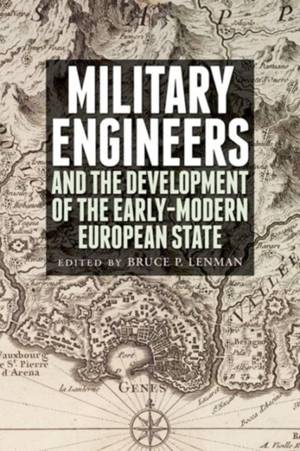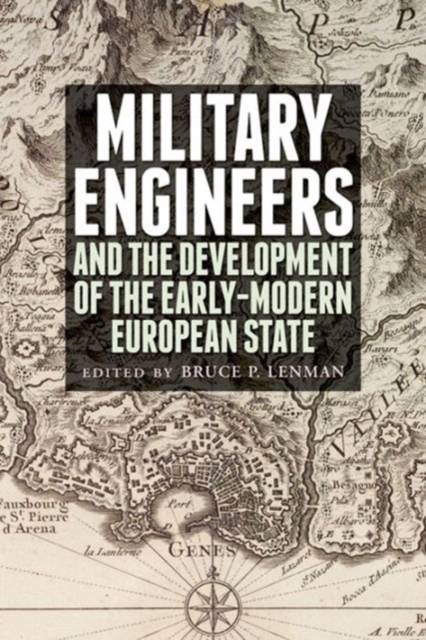
- Afhalen na 1 uur in een winkel met voorraad
- Gratis thuislevering in België vanaf € 30
- Ruim aanbod met 7 miljoen producten
- Afhalen na 1 uur in een winkel met voorraad
- Gratis thuislevering in België vanaf € 30
- Ruim aanbod met 7 miljoen producten
Zoeken
Military Engineers
The Development of the Early Modern European State
Bruce Lenman
Paperback | Engels
€ 47,45
+ 94 punten
Omschrijving
This volume furnishes a unique insight into the role of the Early-Modern European military engineers in the construction and empowerment of sovereign authority, both in European kingdoms and republics and in the vast overseas dominions some of them acquired through the Expansion of Europe. From the Italian Renaissance to the Napoleonic Wars military engineers became indispensable as devisers of the complex systems of fortification needed to resist more and more powerful artillery. They were equally essential as managers of the technical business of besieging such fortifications. Though comparatively few in number, they could be the only numerate elite available to rulers. Often from an artistic background, and always with some mathematical training, they were natural polymaths capable of turning their hands to an astonishing range of activities. These included cartography, town and port planning, architecture, drainage and water supply, and road and canal building, not to mention archaeology, fireworks, fountains and fine art. Here an international team of scholars looks at these ubiquitous talents at work in peace and war from Russia and Turkey through western Europe to America and India, and asks what they tell us about states and identities in a world so different from our own.
Specificaties
Betrokkenen
- Auteur(s):
- Uitgeverij:
Inhoud
- Aantal bladzijden:
- 362
- Taal:
- Engels
Eigenschappen
- Productcode (EAN):
- 9781845861209
- Verschijningsdatum:
- 17/07/2013
- Uitvoering:
- Paperback
- Formaat:
- Trade paperback (VS)
- Afmetingen:
- 229 mm x 155 mm
- Gewicht:
- 659 g

Alleen bij Standaard Boekhandel
+ 94 punten op je klantenkaart van Standaard Boekhandel
Beoordelingen
We publiceren alleen reviews die voldoen aan de voorwaarden voor reviews. Bekijk onze voorwaarden voor reviews.











